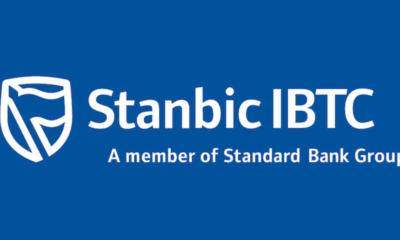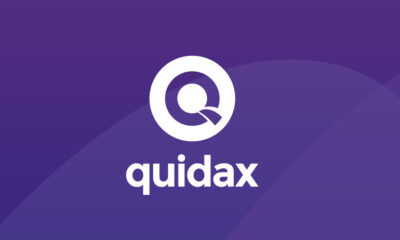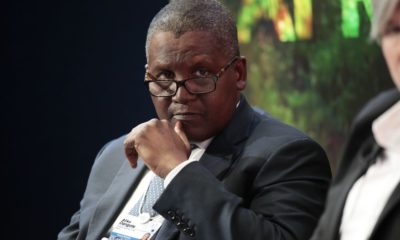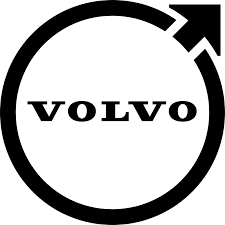The Nigerian Upstream Petroleum Regulatory Commission (NUPRC) has announced it will mandate international oil companies (IOCs) to supply crude oil to the Dangote refinery.
This intervention aims to alleviate supply shortages that have hampered operations at Africa’s largest oil refinery.
Olaide Shonola, spokesperson for the NUPRC, emphasized the commission’s commitment to ensuring that local refineries, including the Dangote facility, receive adequate crude supplies.
“We’ve been intervening and will continue to do so. The NUPRC is dedicated to facilitating the domestic sale of crude to ensure the optimal functioning of our local refineries,” Shonola stated in an interview on Tuesday.
This regulatory intervention comes in response to complaints from Aliko Dangote, Chairman of the Dangote Group, who recently highlighted the reluctance of IOCs to sell crude oil to his refinery.
In an interview with CNN, Dangote explained that many international oil companies prefer to export crude oil for foreign exchange benefits, rather than selling it domestically.
“The NNPC is doing its best, but some of the IOCs are struggling to give us crude. Everybody is used to exporting and nobody wants to stop,” Dangote said, expressing frustration over the challenges his refinery faces in securing a steady supply of crude oil.
Shonola confirmed that while the NUPRC cannot force the IOCs, it can issue mandates to ensure compliance.
“As the regulator, we can mandate, and that’s what we are doing—giving clear directives that this must be done. We will continue to engage with the IOCs to meet these requirements,” she added.
However, when asked about potential sanctions for non-compliance, Shonola declined to comment.
This regulatory push is seen as part of a broader strategy to bolster Nigeria’s refining capacity and reduce the country’s dependence on imported refined petroleum products.
In April, the NUPRC introduced a new rule requiring oil producers to prioritize domestic refineries before fulfilling foreign demands.
Despite this directive, it appears that compliance among IOCs has been inconsistent, necessitating further intervention.
Aliko Dangote underscored the importance of domestic refining for Nigeria’s economic development. “Africa is not progressing as it should because we export raw materials and import finished goods. This cycle keeps us from achieving our full potential,” Dangote lamented.
He revealed that the Dangote refinery, with a capacity of 650,000 barrels per day, could significantly reduce the continent’s reliance on imported refined products.
The Dangote refinery’s full operation is expected to take about 21 million barrels of crude oil from Nigeria each month, which would drastically reduce the number of ships exporting crude and importing refined products.
This shift is projected to not only enhance Nigeria’s self-sufficiency in petroleum products but also contribute to reducing carbon emissions by cutting down on maritime transport.
As the NUPRC intensifies its efforts to ensure compliance with its domestic supply mandate, industry stakeholders will be watching closely.
The outcome of this regulatory action could set a precedent for the future of Nigeria’s oil industry, determining whether the country can effectively leverage its resources to fuel domestic growth and industrialization.

 Forex4 weeks ago
Forex4 weeks ago
 Naira4 days ago
Naira4 days ago
 Cryptocurrency4 weeks ago
Cryptocurrency4 weeks ago
 Business4 weeks ago
Business4 weeks ago
 Company News4 weeks ago
Company News4 weeks ago
 Economy4 weeks ago
Economy4 weeks ago
 Dividends3 weeks ago
Dividends3 weeks ago
 Cryptocurrency4 weeks ago
Cryptocurrency4 weeks ago























